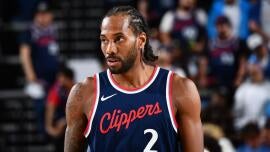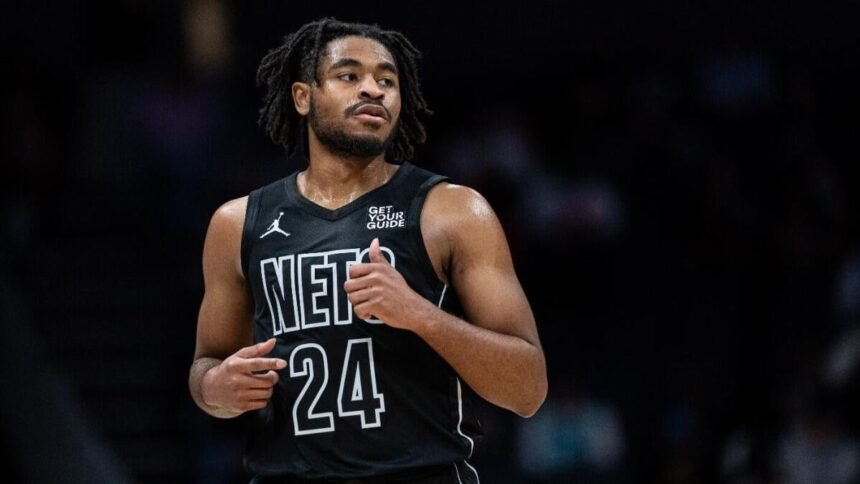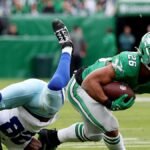Cam Thomas will sign the one-year, $6 million qualifying offer from the Nets to play out one more season in Brooklyn before becoming an unrestricted free agent, according to ESPN’s Shams Charania.
Thomas is just the fifth former first round pick to sign a qualifying offer since 2017, as it’s exceedingly rare for a player to be unable to reach a long-term deal with their current team. However, the Nets were unwilling to give Thomas the kind of money and years he was seeking out of a new deal, offering him a two-year, $30 million contract with a team option in the second year.
The scoring guard has averaged 22.9 points per game on 44.1/35.9/86.4 shooting splits over the past two seasons, but his value beyond being a volume shooter and scorer is limited. Getting buckets is an important skill, but teams do question the overall value of that archetype in the modern NBA. Thomas, meanwhile, believes he should be viewed more in line with someone like Jalen Green, who got a three-year, $105 million extension last summer before being traded for Kevin Durant this year.
With that kind of deal not out there, Thomas declined to give up his ability to decide where he plays for just $9 million more in guaranteed money. As such, he will sign the qualifying offer and play out a fifth season with the Nets before hitting unrestricted free agency. That gives him an implied no-trade clause as well as allowing him to hit the open market next summer.
Kawhi Leonard contract investigation: Clippers call accusations of salary cap evasion ‘absurd’
Bryan DeArdo

The qualifying offer is not something most players or teams want to see signed and is often considered the RFA version of the nuclear option, but this summer we’ve seen how broken restricted free agency has become. Jonathan Kuminga, Josh Giddey and Quentin Grimes are all also unsigned restricted free agents with little market beyond their current teams, who aren’t willing to bid against themselves to retain those players.
With fewer and fewer teams keeping cap space open going into free agency and the three-day window for matching that ties up space, offer sheets have become exceedingly rare. That means players have almost no leverage to push for more money or more years, aside from the threat of the qualifying offer, but that brings plenty of risk.
An injury or down year could tank a player’s value, and even unrestricted free agents beyond the very top tier of players are finding it difficult to get long-term contracts under the new CBA. Flexibility is now the name of the game in the NBA, and the league’s middle class is getting squeezed as a result. Nowhere is that more apparent than with former first-round picks who aren’t max guys and opt to hit restricted free agency rather than sign an extension.
For now, Thomas is just the fifth to take the qualifying offer and bet on himself, but he may not be the last to do so this summer. If more players follow his lead, perhaps it’ll change how teams do business as the threat of signing the qualifying offer will no longer feel as empty.






